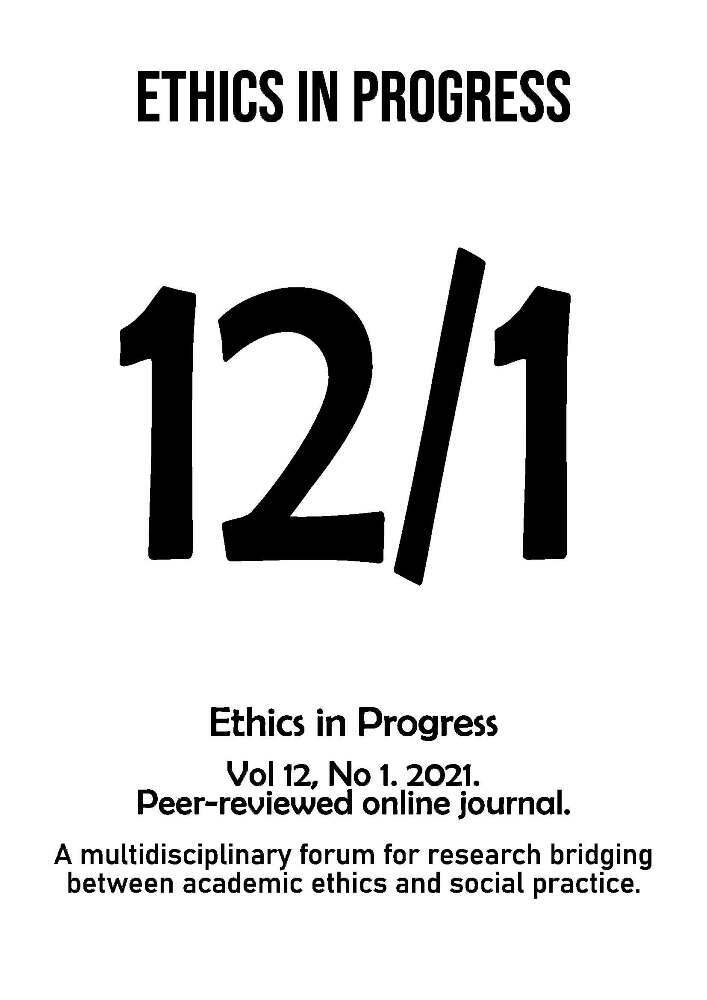Abstract
Most all popular moral reasoning or moral judgment tests are based on presenting subjects with two or more hypothetical moral dilemmas and asking them to make judgments on the moral quality of arguments supporting and questioning a protagonist’s decision (e.g., the Moral Competence Test by G. Lind). Although these tests have been insightful by tapping some aspect of individuals’ moral-cognitive schemas, moral maturity, or moral development, they also have limitations. Hypothetical moral dilemmas may be too abstract and impersonal, thus failing to create enough emotional salience. Learning more about real-life personally recalled moral dilemmas may reveal more about the individual’s moral mind and experiences.
Objective. The current study was conducted to learn more about the personally experienced moral dilemmas, and how they relate to subjects’ level of moral competence and gender.
Method. Subjects were asked to recall the most challenging personal moral dilemma; subjects completed the MCT test to measure moral competence.
Results. Among some of the findings was that for both, men and women, higher moral competence scores were positively correlated with recalling personal moral dilemmas where the choice had to be made between some altruistic (care for others) and selfish actions. For men, it was the risk of compromising one’s status, whereas for women it was the risk of personal safety.
References
Bond B. J. 2009. “He Posted, She Posted: Gender Differences in Self-disclosure on Social Network Sites,” Rocky Mountain Communication Review 6(2):29–37.
Capraro V. & Sippel J. 2017. “Gender Differences in Moral Judgment and the Evaluation of Gender-specified Moral Agents,” Cognitive Process 9. DOI: 10.1007/s10339-017-0822-9.
Craigie J. 2011. “Thinking and Feeling: Moral Deliberation in a Dual-process Framework,” Philosophical Psychology 24:53–71. DOI: 10.1080/09515089.2010.533262
Furmagalli M., Ferrucci R., Mameli F., Marceglia S., Mrakic-Sposta S., et al. 2010. “Gender-related Differences,” Cognitive Process 11:219–226.
Gilligan C. 1986. “Reply by Carol Gilligan,” Signs 11:324–333.
Greene J. D., Sommerville R. B., Nystrom L. E., Darley J. M., & Cohen J. D. 2001. “An fMRI Investigation of Emotional Engagement in Moral Judgment,” Science 293:2105–2108.
Greene J. D., Nystrom L. E., Engel C. L., Darley J. M., & Cohen J. D. 2004. „The Neural Bases of Cognitive Conflict and Control in Moral Judgment,” Neuron 44:389–400.
Haidt J. & Joseph C. 2007. “The Moral Mind: How Five Sets of Innate Intuitions Guide the Development of Many Culture-specific Virtues, and Perhaps Even Modules,” in P. Carruthers, S. Laurence, & S. Stich (Eds.), Evolution and Cognition. The Innate Mind. Vol. 3: Foundations and the Future (p. 367–391). Oxford University Press. URL: https://doi.org/10.1093/acprof:oso/9780195332834.003.0019
Krebs D. L., Denton K., & Wark G. 2006. “The Forms and Functions of Real-Life Moral Decision-Making,” Journal of Moral Education 26:131–145.
Lewis R. M. & Mitchell N. 2014. “Egoism Versus Altruism in Television Content for Young Audiences,” Mass Communication and Society 17:597–613.
Lind G. 1982. “Experimental Questionnaires: A New Approach to Personality Research,” in A. Kossakowski & K. Obuchowski (Eds.), Progress in Psychology of Personality (pp. 132–144). Amsterdam, NL: North-Holland.
Lind G. 2014 (March 24). “Moral Competence Test (MCT), URL: moralcompetence.net
Lind G. 2016. How to Teach Morality. Promoting Deliberation and Discussion, Reducing Violence and Deceit. Berlin: Logos.
Papini D. R., Farmer F. F., Clark S. M., Micka J. C., & Barnett J. K. 1990. “Early Adolescent Age and Gender Differences in Patterns of Emotional Self-disclosure to Parents and Friends,” Adolescence 100:959–976.
Rest J. R. 1979. Development in Judging Moral Issues. Minneapolis: University of Minnesota Press.
Singer N., Kreuzpointner L., Sommer M., Wüst S., & Kudielka B. M. 2019. „Decision-making in Everyday Moral Conflict Situations: Development and Validation of a New Measure,” PLoS ONE 14(4). Article #e0214747. DOI: 10.1371/journal.pone.0214747.
Trainer F. E. 1982. Dimensions of Moral Thought. New South Wales: NSW University Press Ltd.
Trainer T. 1991. The Nature of Morality. Avebury, England: Academic Publishing Group.
Walker L. 1984. “Sex Differences in the Development of Moral Reasoning: A Critical Review,” Child Development 55:677–691.
Walker L. 1989. “A Longitudinal Study of Moral Reasoning,” Child Development 60:157–166.




